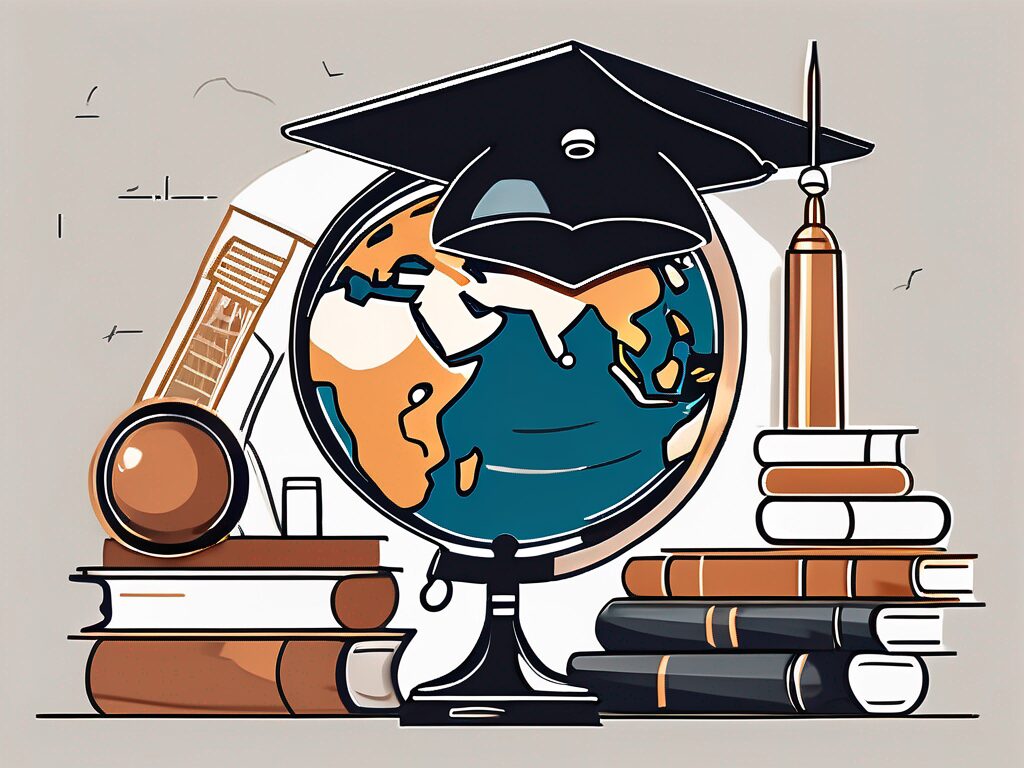html
Overcoming 6 Key Education Challenges for MA Teachers in China
Teaching in China presents a unique set of challenges, especially for those pursuing a Master’s degree in Education. As the education landscape evolves, MA teachers must navigate various obstacles that can hinder their effectiveness and professional growth. In this blog post, we will explore six key education challenges faced by MA teachers in China and provide actionable insights to overcome them. Whether you are a seasoned educator or just starting your teaching journey, understanding these challenges is crucial for your success.
1. Language Barriers: Bridging the Communication Gap
One of the most significant challenges for MA teachers in China is the language barrier. Many teachers may not be fluent in Mandarin, which can lead to misunderstandings and hinder effective communication with students and colleagues. To overcome this challenge, consider the following strategies:
- Invest in Language Training: Enroll in Mandarin classes to improve your language skills. This will not only enhance your communication but also help you connect with your students on a deeper level.
- Utilise Visual Aids: Incorporate visual aids, such as images and videos, to support your teaching. This can help convey complex concepts without relying solely on language.
- Encourage Peer Support: Foster a collaborative environment where students can assist each other in understanding lessons, bridging the gap between language proficiency levels.
2. Cultural Differences: Navigating Diverse Educational Norms
Cultural differences can significantly impact teaching methods and student expectations. MA teachers in China must adapt to a different educational culture that may prioritize rote learning over critical thinking. Here are some ways to navigate these cultural differences:
- Embrace Local Practices: Familiarise yourself with Chinese educational practices and incorporate them into your teaching style. This can help you gain respect and rapport with your students.
- Promote Critical Thinking: While respecting local norms, encourage students to think critically and express their opinions. This can be achieved through group discussions and interactive activities.
- Build Relationships: Invest time in building relationships with students and colleagues. Understanding their cultural backgrounds will help you tailor your teaching approach effectively.
3. Limited Resources: Maximising Available Tools
Many schools in China face resource limitations, including outdated textbooks and insufficient teaching materials. MA teachers must find creative ways to maximise the resources available to them:
- Leverage Technology: Use online resources and educational platforms to supplement your teaching materials. Websites like Khan Academy and Coursera offer valuable content that can enhance your lessons.
- Collaborate with Colleagues: Share resources and teaching strategies with fellow teachers. Collaboration can lead to innovative solutions and improved teaching practices.
- Encourage Student Participation: Involve students in creating learning materials, such as presentations or projects. This not only fosters creativity but also makes learning more engaging.
4. Classroom Management: Creating a Positive Learning Environment
Effective classroom management is essential for maintaining a productive learning environment. MA teachers in China may encounter challenges related to student behaviour and engagement. Here are some strategies to improve classroom management:
- Establish Clear Expectations: Set clear rules and expectations from the beginning. Communicate these guidelines to students to create a structured learning environment.
- Utilise Positive Reinforcement: Recognise and reward positive behaviour to encourage students to engage actively in class. This can include verbal praise or small incentives.
- Implement Interactive Teaching Methods: Use interactive teaching methods, such as group work and hands-on activities, to keep students engaged and reduce disruptive behaviour.
5. Professional Development: Staying Current in Education Trends
Continuous professional development is crucial for MA teachers to stay updated on the latest educational trends and methodologies. However, access to professional development opportunities can be limited. Here’s how to overcome this challenge:
- Seek Online Courses: Enrol in online courses and webinars that focus on current educational practices. Platforms like EdX and FutureLearn offer a variety of professional development options.
- Join Professional Networks: Connect with other educators through professional networks and associations. This can provide valuable resources, support, and opportunities for collaboration.
- Attend Conferences: Participate in educational conferences and workshops to learn from experts in the field and share your experiences with other educators.
6. Work-Life Balance: Managing Stress and Burnout
Teaching can be a demanding profession, and MA teachers in China often struggle to maintain a healthy work-life balance. Here are some tips to manage stress and prevent burnout:
- Set Boundaries: Establish clear boundaries between work and personal life. Allocate specific times for grading, lesson planning, and personal activities to avoid overworking.
- Practice Self-Care: Prioritise self-care activities, such as exercise, meditation, or hobbies, to recharge and maintain your well-being.
- Seek Support: Don’t hesitate to reach out for support from colleagues, friends, or mental health professionals if you’re feeling overwhelmed.
Conclusion
Overcoming the key education challenges faced by MA teachers in China requires a proactive approach and a willingness to adapt. By addressing language barriers, cultural differences, resource limitations, classroom management issues, professional development needs, and work-life balance, educators can enhance their teaching effectiveness and contribute positively to the educational landscape.
Empower Your Teaching Career with IPGCE
As we strive for a more inclusive education system in Malaysia, the role of qualified and well-trained educators becomes increasingly crucial. IPGCE is dedicated to supporting teachers in their professional journey, offering the International Postgraduate Certificate in Education (iPGCE) to enhance qualifications and open doors to international teaching opportunities. With our program, you can expect a significant increase in interview callbacks, promotion rates, and salary. Plus, you’ll join a global network of educators, gain a deeper understanding of international curricula, and enjoy the flexibility of online study. Don’t let inadequate credentials or isolation hold you back. Join the UK’s #1 Teacher Training Course today and take a decisive step towards a fulfilling career in inclusive education.
For more insights on teaching strategies and professional development, check out our related articles on Effective Teaching Strategies and Professional Development for Teachers.

